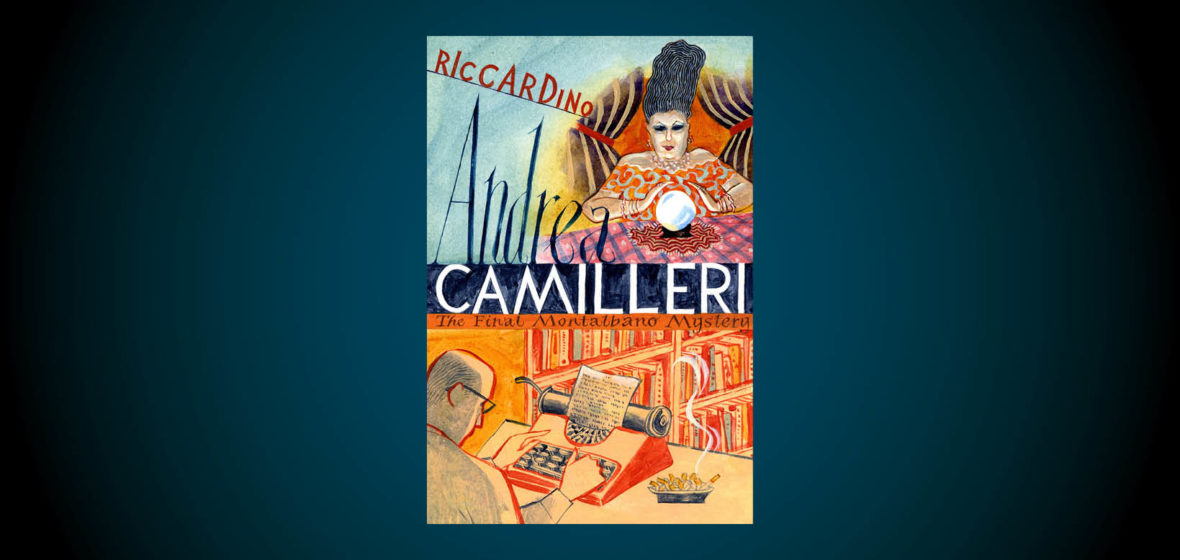Posthumous publication of literary works can be a form of farewell to someone admired, a closure. F. Scott Fitzgerald’s The Last Tycoon was one such that, while incomplete, showed the breadth of his talent, ravaged as it was by alcohol. It was, however, renowned. Fitzgerald was not alone having works published, usually by literary estates, long after a deathbed departure or demise in some other less comfortable or salubrious location.
Riccardino is the 28th and final Inspector Montalbano mystery centred on Sicily with its labyrinthine corrupted bureaucracy, civilian disregard of laws, rules and regulations. Where construction of buildings happens without any approval, where public infrastructure construction doesn’t as the allocated funds disappear into assorted civilian bank accounts before completion, leaving concrete skeletons.
For 27 outings, Inspector Salvo Montalbano gave us enjoyment, intrigue an informative education in both food and Italian politics/bureaucracy and how, by ignoring or obfuscating the rules and self-important authority, the right outcome is delivered in the final pages. It’s easy to be warmed to Salvo and his quests, his colleagues and his sense of right and wrong. Recognition and praise by his superiors are eschewed.
But Riccardino was a real disappointment. A thin telling of a lukewarm plot, characters well below the usual standard and with none of the feel we’d become used to. Perhaps the posthumous publication was a book too far and the penultimate, The Cook of the Halcyon, should have farewelled Salvo, his investigations, his loves, his colleagues, his delight in food and his instructions of how to deal with, and handle, that unique combination of Italian bureaucracy and politics. The previous 27 are well worth delving into – maybe leave number 28 unread. Acknowledgement must be given to the translations by Stephen Sartarelli, a poet in his own right but whose endnotes add to the understanding of the periphery of Camilleri’s plots.




